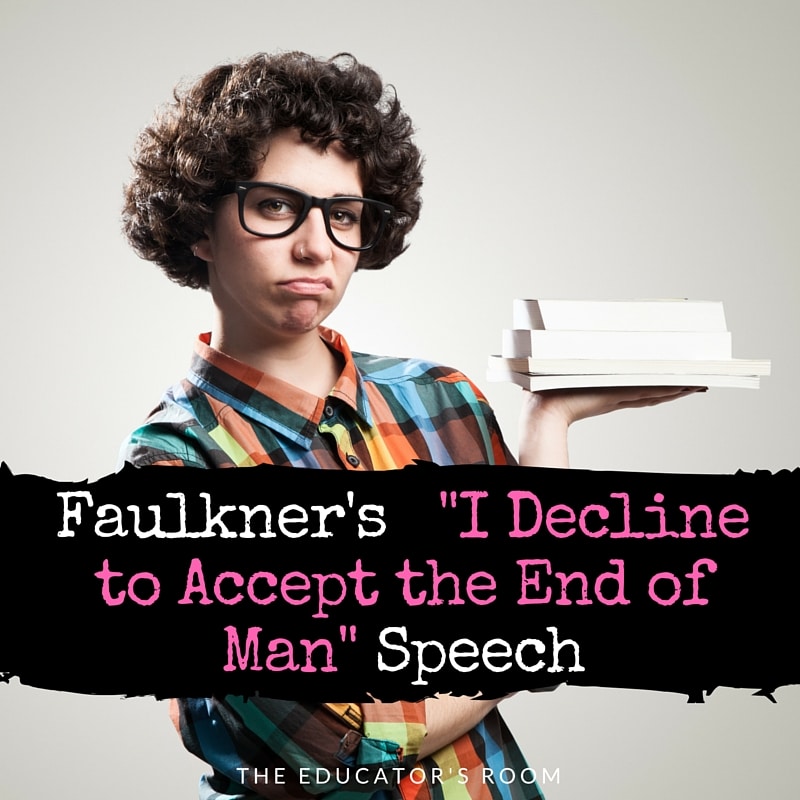[fusion_builder_container hundred_percent=”yes” overflow=”visible”][fusion_builder_row][fusion_builder_column type=”1_1″ background_position=”left top” background_color=”” border_size=”” border_color=”” border_style=”solid” spacing=”yes” background_image=”” background_repeat=”no-repeat” padding=”” margin_top=”0px” margin_bottom=”0px” class=”” id=”” animation_type=”” animation_speed=”0.3″ animation_direction=”left” hide_on_mobile=”no” center_content=”no” min_height=”none”] Science fiction and fantasy are among the most popular genres in both film and book publishing, but they are often underrepresented in the English Language Arts offerings in the secondary classroom. There are […]
Literacy
Give Students What They Want to Read for Reading Practice
The middle school or high school classroom library can be an important tool in making students life-long readers, but how to choose what goes into a classroom library for independent reading? Providing the books that student want to read is different than pre-selecting books that students should read. Yes, educators believe that students should read selections from the literary canon, for example, those […]
Engaging Students In Spelling List Studying
[fusion_builder_container hundred_percent=”yes” overflow=”visible”][fusion_builder_row][fusion_builder_column type=”1_1″ background_position=”left top” background_color=”” border_size=”” border_color=”” border_style=”solid” spacing=”yes” background_image=”” background_repeat=”no-repeat” padding=”” margin_top=”0px” margin_bottom=”0px” class=”” id=”” animation_type=”” animation_speed=”0.3″ animation_direction=”left” hide_on_mobile=”no” center_content=”no” min_height=”none”] I am proud to announce that Stewart the Spelling Minion will join our classroom this year. I’ve already introduced Gilligan in a previous piece, who helps with social studies retention. Gus […]
Faulkner’s "I Decline to Accept the End of Man" Speech
American authors are studied in the secondary ELA classroom for their writing style and contributions to literature. 20th Century writer William Faulkner (1897 –1962) is one such author whose short stories (A Rose for Emily, The Bear, Barn Burning) are often anthologized in textbooks. His novels ( As I Lay Dying, Light in August, Absalom, Absalom!)are also featured in classrooms […]
Remembering to Find the Good: Meaningful Feedback for Students
We English teachers read hundreds, if not thousands, of papers a year. And, let’s be honest, quite a few of them make us cringe. We see lack of parallel structure, run-ons, awkward phrasing, and semicolon attempts gone horribly awry. We see weak theses, unrelated details, and missing conclusions. We want to scream, “Did she even […]
15 Summer Reads for Teachers
Ah, summer. The days are long and the possibilities endless. It’s the perfect time to recuperate from a long school year, and look forward to the possibilities and opportunities the new year will afford. It’s also time to relax a little. And what better way to relax than with a great book? I’ve compiled a […]
Job Insecurity in Education
I have been teaching in a district that I love for twelve years, following two years doing long-term substituting and my student teaching. It was my first choice for where I wanted to get a contract. At the time, the high school I taught in was small enough that I easily knew all the kids in […]
Critical Thinking, Morality, and 'Middle Passage'
The issue of slavery is a deeply rooted social foundation that has been toiled with for generations. Educators, particularly those teaching high school, are charged with helping their students understand how the existence of such a morally reprehensible institution was even possible. As adolescents, these young students struggle developmentally to decompartmentalize a happening such as […]


